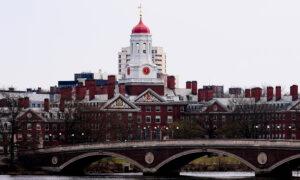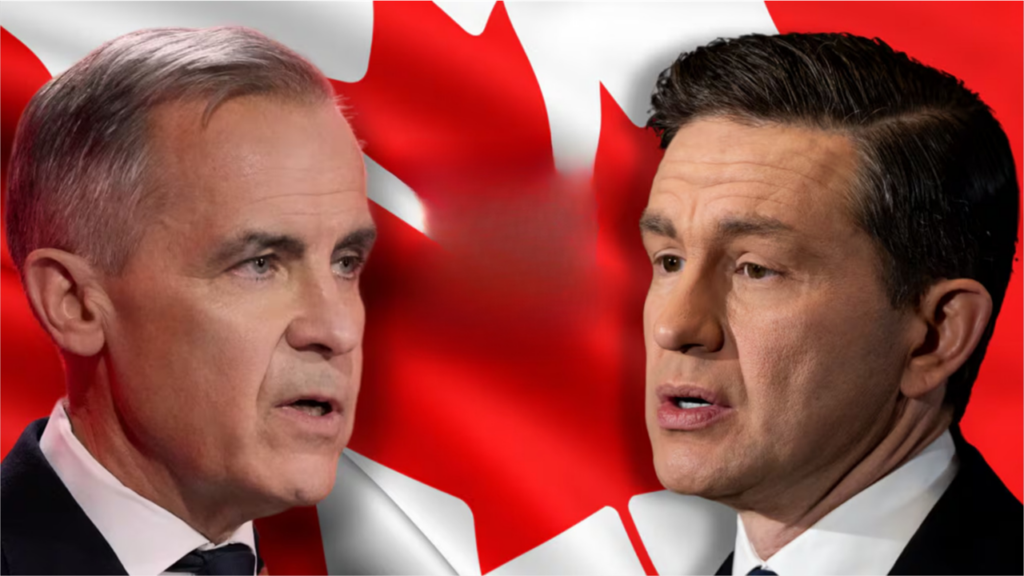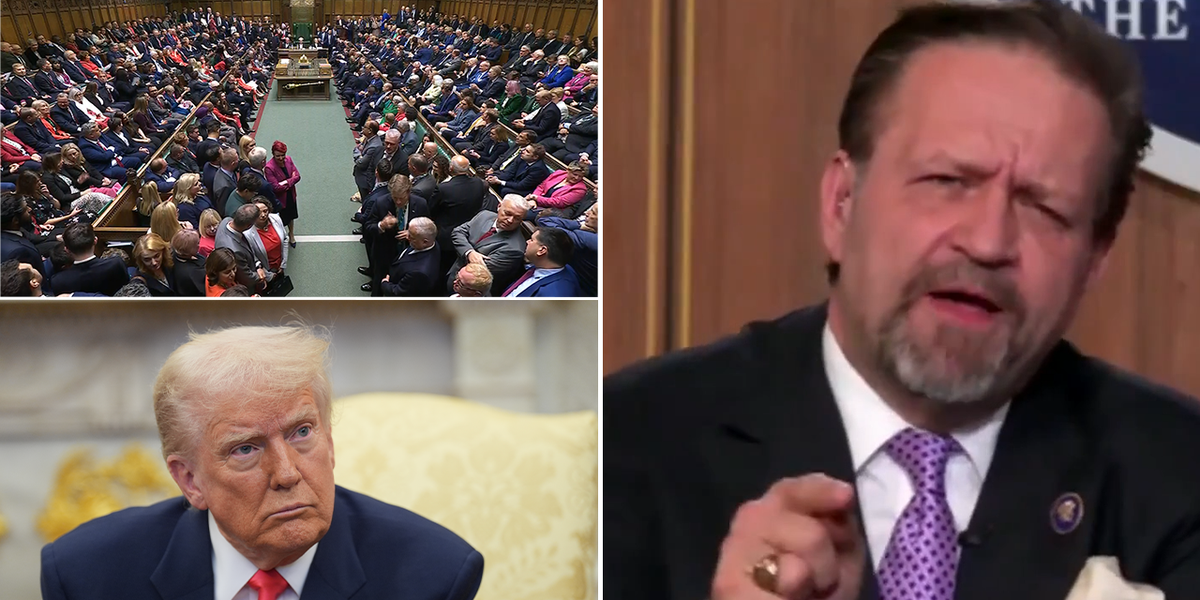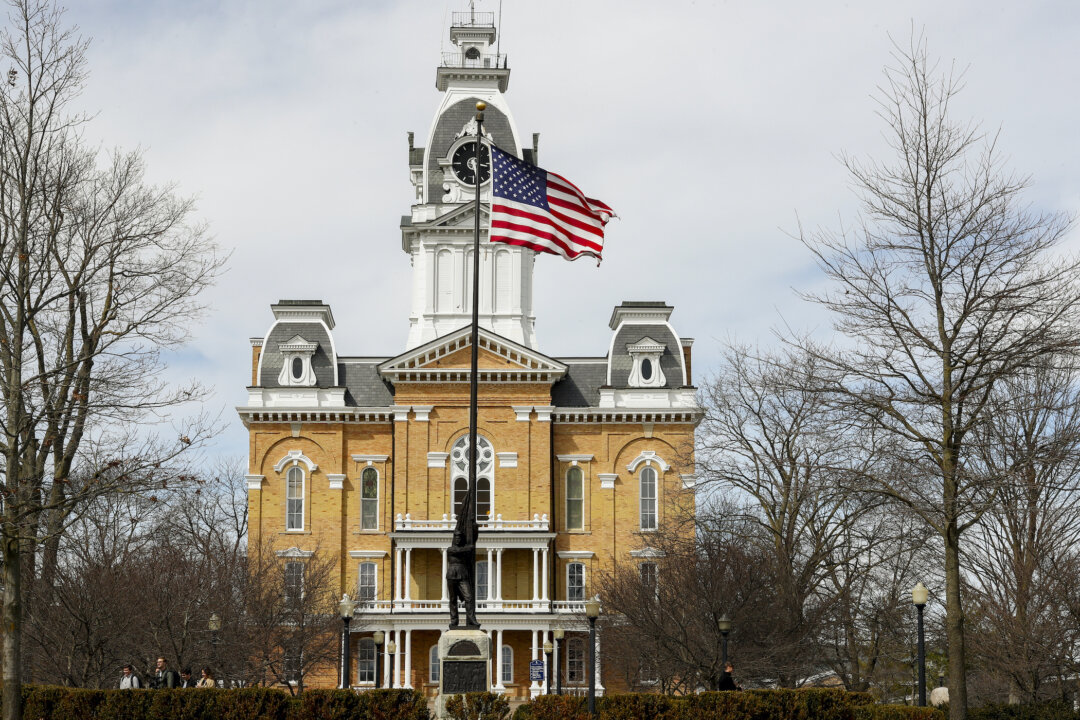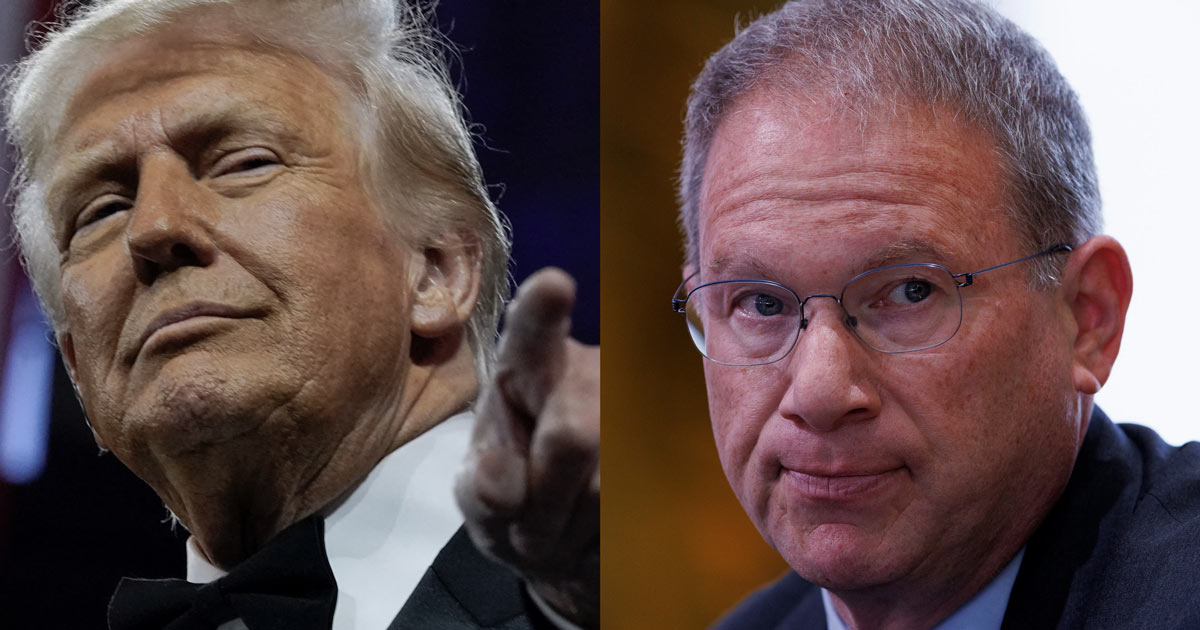Amid Universities Battle, Some in Higher Education See Funding and Academic Freedom Differently
President Donald Trump’s team has frozen or cut taxpayer-funded research to pressure universities to shutter their diversity, equity, and inclusion offices, and to curb anti-Semitism on campus tied to the anti-Israel protests.
While the administration calls the protests and some academic programs anti-Semitic, many in academia defend them on the grounds of free speech.
After Harvard University refused to accept demands related to those and other issues, the administration froze $2.6 billion in federal dollars that would have gone to the Ivy League flagship.
Trump plans to withhold another $1 billion from Harvard and has discussed revoking the school’s tax-exempt status.
In response, many in academia have decried what they call an assault on the core values of higher education.
Not everyone in that world agrees.
Leaders from Hillsdale College, known for its conservative culture, and the University of Austin, a new school billed as an alternative to progressive ideology on campus, have drawn different conclusions about academic freedom and the relationship between federal funding and the university system.
“I think what you’re seeing today demonstrates the necessity and importance of independence,” David Whalen, an associate vice president for curriculum at Hillsdale, told The Epoch Times.
Hillsdale does not accept any taxpayer money. The Michigan college is also careful not to accept private donations that might compromise its mission.
“No one gives money without conditions,” said Whalen, an English professor who serves as vice president of curriculum. He said it would be “a dreadful mistake” for Hillsdale to take money from the Trump administration.
More than 1,200 miles away, in Austin, Texas, Patrick Gray thinks the administration’s pressure on heavily taxpayer-funded universities is a form of accountability from the American people.
After all, it is coming from the president they elected.
“I think it’s actually very healthy for universities to be forced to answer to the man in the street,” Gray, dean of the University of Austin’s Center for Arts and Letters, told The Epoch Times.
The merit-oriented university has been designed to avoid depending on federal funding and has raised more than $200 million so far.
However, unlike Hillsdale, it would be comfortable getting federal money, at least from an administration aligned with its values.
If future funding has more certain strings attached—say, support for DEI—the university would have to refuse it.
Even at Harvard, the center of an escalating fight between Trump and the academy, some on campus sound a little like Gray.
“I think it’s totally within the right of the federal government to restrict funding that their taxpayers paid,” Harvard Republican Club President Leo Koerner told The Epoch Times.
While one might expect a university’s GOP youth group to back a Republican president, that wasn’t always the case with Trump at Harvard.

Freedom and Responsibility
Academic freedom is a central point of disagreement between the administration and its detractors in higher education.
But the politics of many schools raises questions about what academic freedom means in practice.
That climate has shaped Koerner’s perspective on the academic freedom debate.
“We’ve come to the point where there are basically no conservative professors at all,” he said, arguing that academic freedom means little when the campus is so ideologically homogeneous.
Koerner added that the university’s administration could gain sympathy if it committed to open hiring policies and to encouraging viewpoint diversity among graduate students.
The administration wants Harvard to implement merit-based hiring and admissions and to end any DEI programs, in line with its view that DEI and deviations from merit infringe on Americans’ civil rights.
The letter also calls for reform to specific programs, alleging that some “fuel anti-Semitic harassment or reflect ideological capture.”
Hillsdale’s Whalen said he sees the Trump administration’s moves as “an attempt to restore and buttress academic freedom.”
Both Whalen and Gray think university leaders have a responsibility to make sure sharp debates on campus remain civil.
The nature of such politically charged disputes became a flash point during recent anti-Israel and pro-Palestine protests.

Demonstrations at Columbia University included the takeover of a campus building, Hamilton Hall, and an encampment on a quad.
“Colleges shouldn’t allow rampant, violent anti-Semitism,” Gray said.
Whalen said universities must ensure that those who threaten civil debate “do not take hold.”
